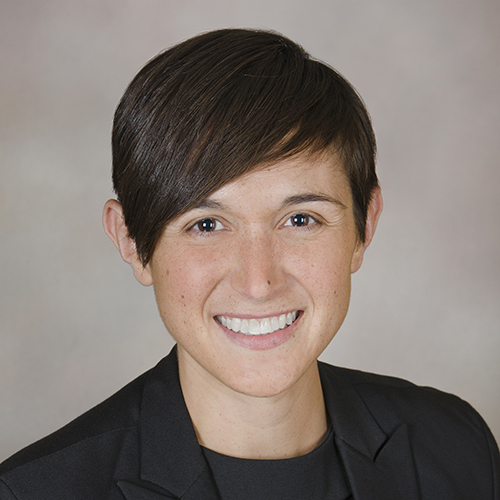So, Now It's Time to Get a "Real" Job

The job search in cardiovascular medicine is daunting but also exciting. Applying to attending positions gave me the motivation to get through the final push of my senior year. I have three pieces of advice that helped me get from training to employment:
- Start early.
The traditional way to a cardiothoracic surgeon job was to attend the Society of Thoracic Surgeons meeting a few months before finishing fellowship and meet with several division heads who were looking to hire new graduates. Therefore, my attendings in residency naturally wondered why I started to interview nine months before graduation. Times have changed, and my best advice to anyone starting to look for a job in cardiovascular medicine is the earlier the better.
I contacted my current chief 18 months before I finished training when I saw a job posting on CTSNet. Knowing they likely wanted to fill the position a year before my graduation date, it was an opportunity to make a connection and send in my CV. It was gave me the opportunity to get a feel for the personality and responsiveness of a potential senior partner and mentor. The responses were always positive. Through this early scouting, I learned of new positions opening up closer to graduation, offers to make connections with other practices in the area and, ultimately, the job I initially sought. - Know what you want but be flexible.
Going into the job market with a clinical focus or target patient population will allow your passion for the field shine through. Many practices are actively recruiting new graduates with experience that current partners may not have, such as TAVR or advanced heart failure therapies. It is also helpful to know some features of a practice that are important to you like call sharing or protected research time. That said, it is important to avoid limiting your choices by being too rigid. Highlight your knowledge and training and look for practice opportunities that balance your preferences with the needs of the practice. I found it helpful to develop a hierarchy of wants. My top three wants were an adult cardiac practice (no general thoracic), senior mentorship, and several partners to share call and buffer any unexpected attrition from the practice. Whether you end up in a practice that has one or all of your preferences, it will help you choose if you know what they are. Avoid ruling out a not-quite-perfect opportunity too soon. - Keep an updated CV, starting now.
Update your CV early and often throughout your training. I like to keep a running list of things to add in a notes app and update a Microsoft Word document every three to six months. I then make a PDF copy of the CV and keep the Microsoft Word document for future updates. Keep your most recently updated PDF version readily available on a cloud-based application. It will be much easier to get the job search going if you are not procrastinating on a big CV update when you are ready to start sending it out.
This article was authored by Danielle A. Smith, MD, assistant professor of surgery at the Oregon Health and Science University in Portland, OR.

